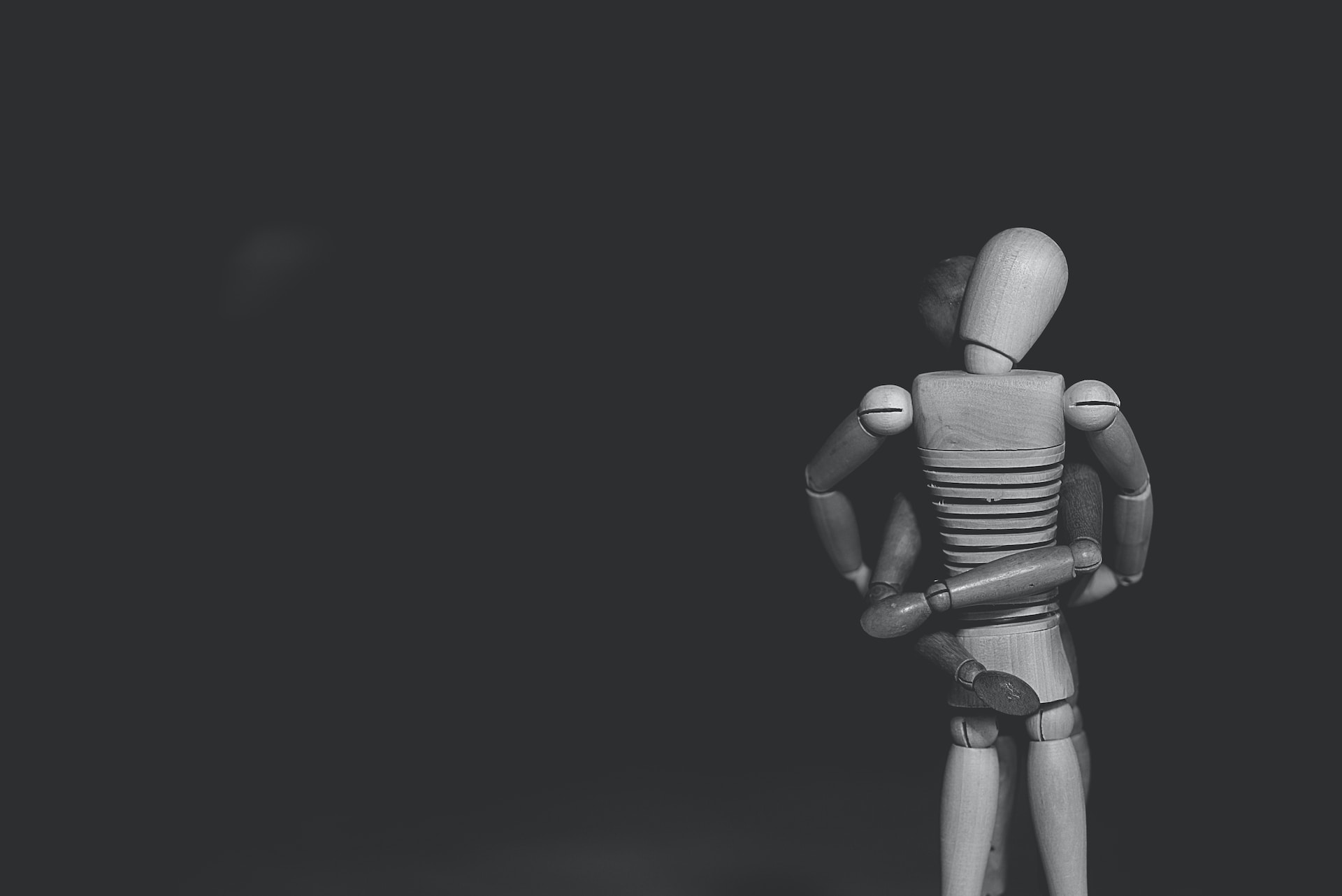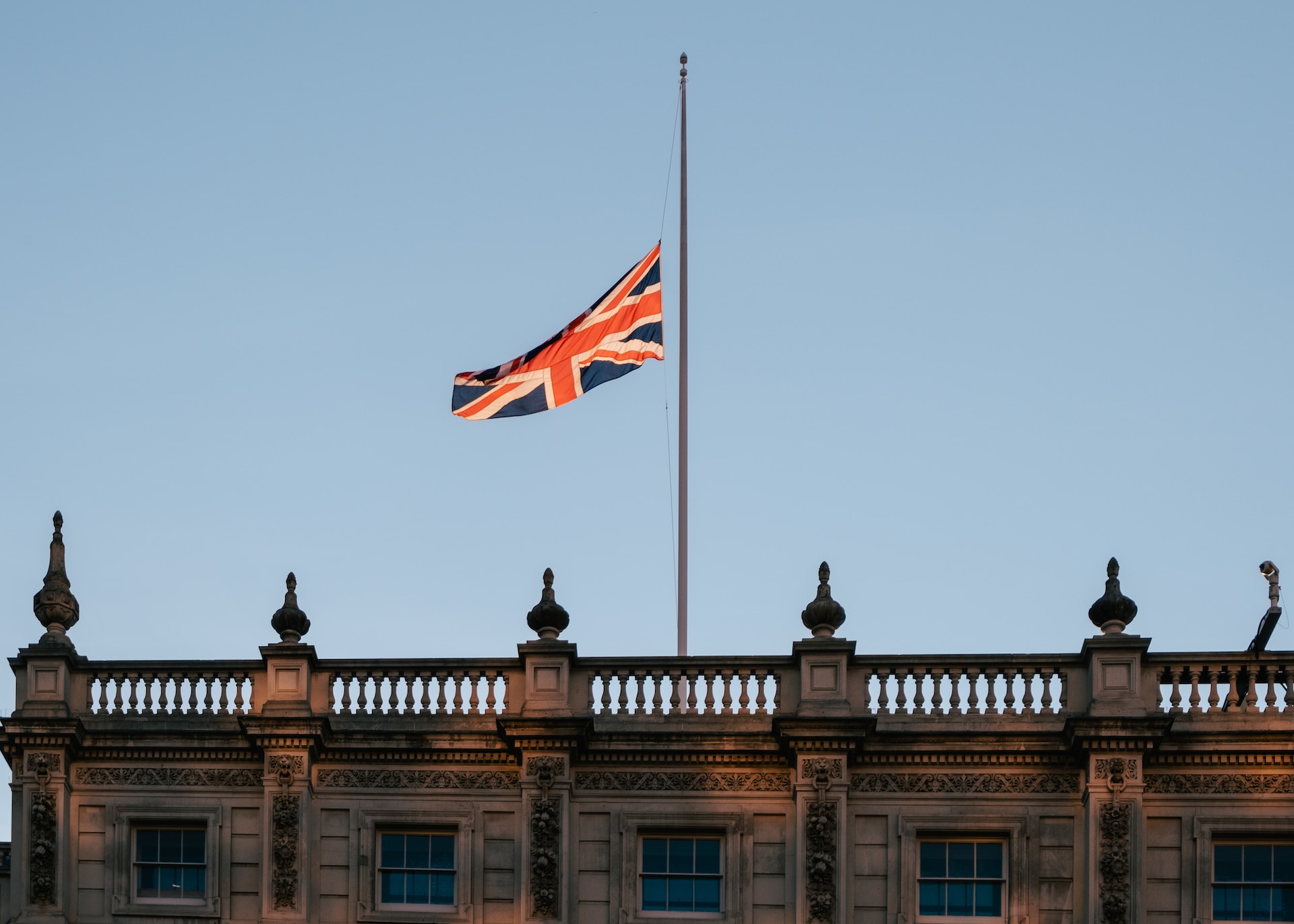Penguin Random House Introduces Freedom of Expression Award Amidst Rising Book Bans

A New Initiative to Celebrate Literary Freedom
In a bold response to the increasing censorship in the United States, Penguin Random House has introduced the Freedom of Expression award. This new literary prize is designed to celebrate the power of books and the importance of free expression, particularly in the face of growing book bans across the nation.
Empowering High School Voices
Targeted at high school students, the award challenges young writers to pen essays about a banned book that significantly impacted their lives. The prize, set at $10,000 (£8,168), is aimed at students who plan to enter university in 2024. This initiative is a direct response to the escalating attempts to censor diverse voices in literature.
Rise in Book Censorship
Recent reports from Pen America reveal a concerning 33% increase in book bans in US public schools over the past year. Notably, the books most frequently targeted for bans are those authored by women, people of color, and LGBTQ+ individuals. Popular banned books include Toni Morrison’s “The Bluest Eye,” Maia Kobabe’s “Gender Queer: A Memoir,” and Stephen Chbosky’s “The Perks of Being a Wallflower.”
Highlighting the Significance of Diverse Voices
The award, in partnership with the non-profit We Need Diverse Books, seeks to honor and elevate the diverse perspectives of young individuals. Caroline Richmond, executive director of the non-profit, emphasized the importance of celebrating the written word and the diverse experiences it represents, especially during a time when diverse narratives are increasingly under threat.

Focus on Marginalized Communities
Penguin Random House points out that books by and about LGBTQIA+ and BIPOC communities are disproportionately affected by the recent wave of censorship. The publisher underscores the belief that “books change lives” and the necessity for everyone to see themselves represented in literature.
Broader Creative Writing Awards Program
The Freedom of Expression award is part of Penguin Random House’s broader Creative Writing Awards program, which also includes categories for memoir, poetry, fiction/drama, and spoken word. Each category carries a $10,000 (£8,168) prize, with winners receiving not only financial support but ongoing mentorship opportunities.
Application Details
The competition, which opened on October 16, will run until January 16, or until 1,000 applications are received. This award presents a unique opportunity for high school students to express themselves and stand up against censorship while emphasizing the enduring power and necessity of diverse voices in literature.
©equalityvoices.org






